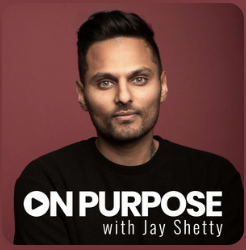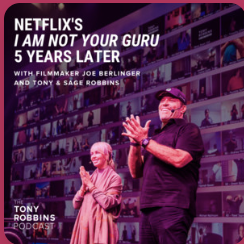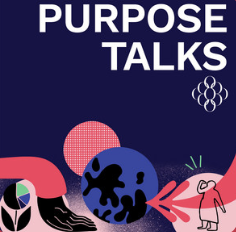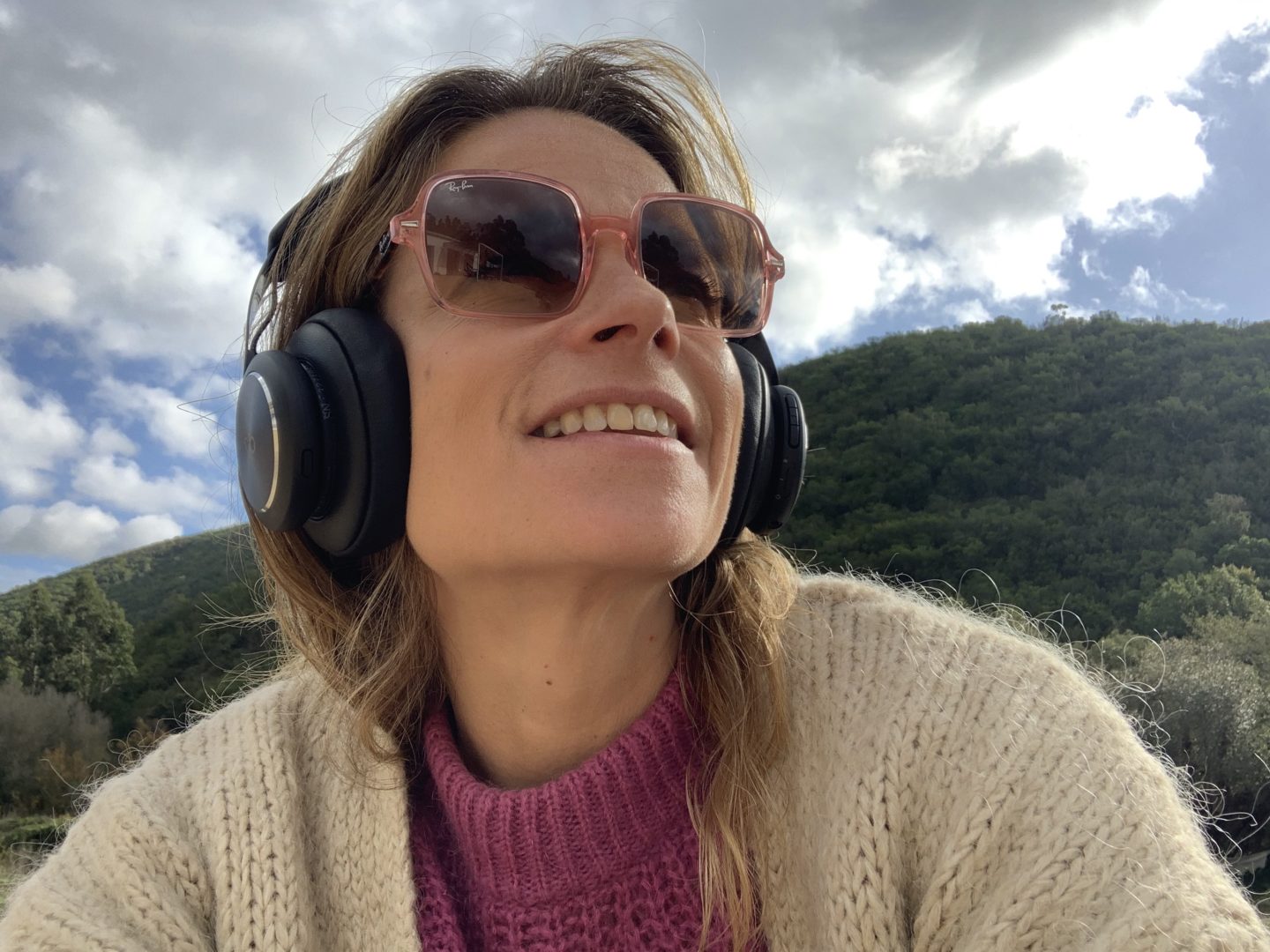Leadership requires a broad range of skills and qualities. While intelligence, knowledge, experience, and charisma are often associated with effective leadership, there is one attribute often overlooked, that stands out as a vital asset: wisdom.
Wisdom goes beyond knowledge and expertise; it encompasses a deep understanding of oneself, others, and the world, and it plays a critical role in guiding leaders towards making sound decisions, inspiring others, and fostering positive change.
In today’s fast-paced world, wisdom is becoming more and more important for successful leaders facing a multitude of challenges, that require more than just intelligence and technical expertise. Leaders need wisdom, the ability to make sound judgments and decisions based on their experience, intuition, and ethical principles.
why wisdom is a Very valuable asset for leaders:
1. Wise leaders foster a positive work culture
Leaders who prioritize wisdom understand the importance of creating a positive work culture. They are able to navigate conflicts and challenges with grace and humility, and they encourage their team members to do the same. This kind of culture leads to greater job satisfaction, productivity, and overall success.
Wisdom entails self understanding, reflection, emotional intelligence and empathy, enabling leaders to connect with others on a deeper level. The far most important skill for leaders is how they regulate their own emotions. Leaders who understand and regulate their own emotions are better equipped to handle difficult situations and build strong relationships.
2. Wise leaders make better decisions
Leaders face complex challenges and uncertain circumstances. Wisdom equips leaders with the ability to navigate through ambiguity and make informed choices. Wise leaders consider not only the short-term gains but also the long-term consequences and impact of their choices on various stakeholders.
They demonstrate a keen awareness of the limitations of their knowledge and are open to seeking diverse perspectives to arrive at well-considered decisions. They uphold moral principles, integrity, and fairness, ensuring that their actions align with the values and purpose of the organization. In challenging situations, wisdom guides leaders to make choices that benefit the greater good and uphold the ethical fabric of their organizations.
Wise leaders are known for their ability to make good decisions that benefit both their organization and the people they lead. They are able to evaluate complex situations and weigh the pros and cons of different options before making a choice. Their decision-making is guided not only by their experience and knowledge but also by their intuition and ethical values.
3. Wise leaders inspire trust
Wisdom entails emotional intelligence and empathy, enabling leaders to connect with others on a deeper level. Leaders who understand and regulate their own emotions are better equipped to handle difficult situations and build strong relationships. By demonstrating empathy, wise leaders foster a sense of trust, respect, and inclusivity within their teams, leading to enhanced collaboration and creativity.
Leaders who demonstrate wisdom are more likely to inspire trust and loyalty among their followers. Their wisdom helps them build rapport with their team members and stakeholders, leading to better communication, collaboration, and engagement.
4. Wise leaders adapt to change
Wise leaders possess a broader perspective that allows them to see the interconnectedness of various factors and anticipate potential consequences. They demonstrate a keen awareness of the limitations of their knowledge and are open to seeking diverse perspectives to arrive at well-considered decisions.
The world is constantly changing, and leaders who lack wisdom may struggle to keep up. However, wise leaders are able to adapt to changing circumstances and make the necessary adjustments to their strategies and approaches. Their wisdom helps them navigate uncertainty and ambiguity, and they are able to lead their organisations through difficult times with confidence and resilience.
5. Wise Leaders inspire and mentor others
Leadership is not just about achieving personal success; it is about inspiring and guiding others to reach their full potential. Wise leaders possess the ability to inspire and motivate individuals by sharing their knowledge, insights, and life experiences.
They serve as mentors, providing guidance and support to nurture the growth and development of their team members. Through their wisdom, leaders empower others to become wise leaders themselves.
6. Wise leaders Build Sustainable Organizations:
In an era characterized by global challenges such as climate change, social inequality, and economic instability, wise leaders understand the importance of building sustainable organizations.
They recognize the interconnectedness between the organization and its stakeholders, including employees, customers, communities, and the environment. Wisdom drives leaders to make choices that prioritise long-term sustainability and social responsibility, ensuring the organisation’s positive impact on society.
7. Wise leaders have a long-term vision
Wise leaders are able to think beyond short-term goals and focus on the long-term vision and mission of their organization. This involves strategic thinking, careful planning, and a willingness to take calculated risks.
Cultivating Wisdom
It’s wise to say that wisdom is a critical asset for leaders as it enables them to navigate complexity, make ethical decisions, inspire others, and build sustainable organisations.
By cultivating wisdom, leaders can create a positive and inclusive work culture, make informed choices, and drive meaningful change. As the world continues to evolve, the need for wise leaders who can lead with compassion, empathy, and a long-term perspective becomes increasingly crucial.
Want to know more about Wise Leadership? Do the FREE Wise Leadership test.











